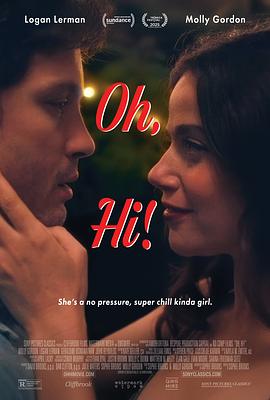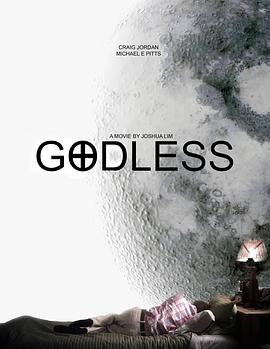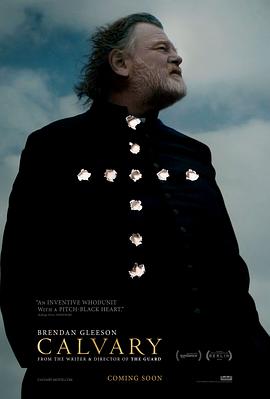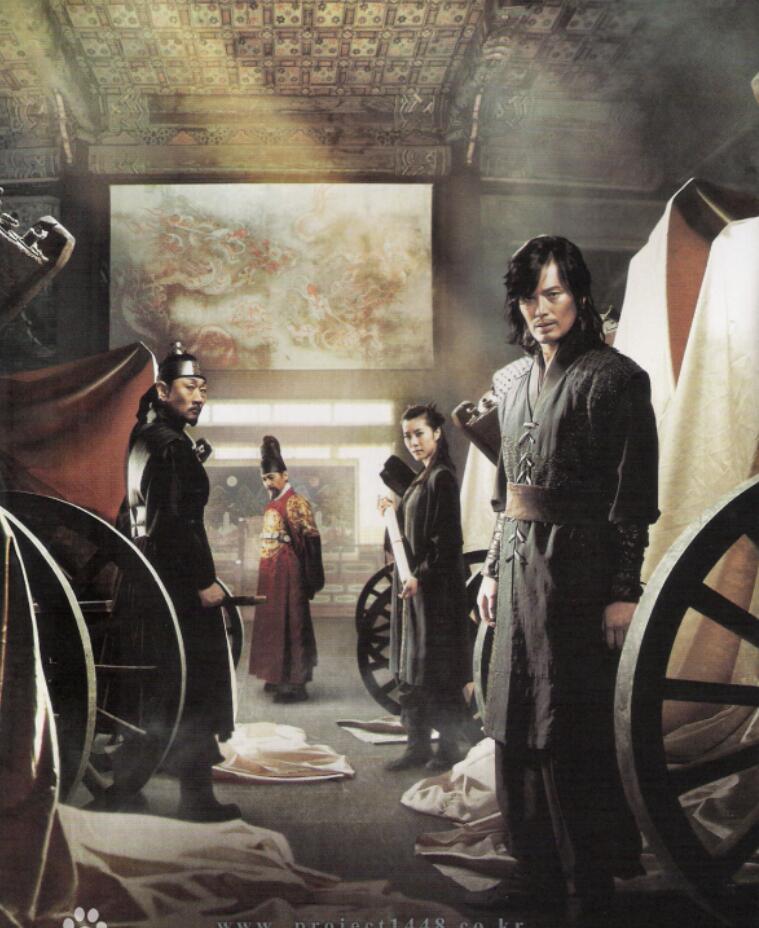After inheriting her father's estate, the middle-aged female CEO, who was decisive and accomplished in the workplace, gave up her life creed of self-c[Expand All]
After inheriting her father's estate, the middle-aged female CEO, who was decisive and accomplished in her career, gave up her life creed of self-care in the face of love and married a young subordinate. After marriage, when she discovered her husband's secret affair with his sister, she resolutely let go and gave up. The plot of the film seems to be a cliche nowadays, but if we talk about the real reason that makes this film shine, Apart from the discussions on enduring topics such as "gender expectations", what cannot be ignored is the witty, capable and deeply touching performance of the protagonist Pauline Frederick. Pauline, who was raised by her mother after her parents' divorce in her childhood, established her dream of an acting career from a young age. By the age of twenty, she had already taken on the leading role in touring performances. Although Pauline Frederick made her screen debut at The age of 32 in "The Eternal City" (1915), directed by Hugh Ford and Edwin Bowter, she was still one of the earliest Broadway stars to develop her career in Hollywood. Later, she also became one of the earliest well-known actors to take on "sound films" (Pauline had received systematic vocal and acting training). Pauline, who was successful in her career, had an unsatisfactory love life. She experienced five tumultuous marriages. After her fifth husband (less than a year after their marriage) and mother passed away one after another, Pauline also died of asthma. Her tortuous and extraordinary life experiences might have endowed her with a quality in acting, helping her shape a screen image of a woman who is both bold and sensitive. This film ranked sixth in the art category of the top ten films of 1925 by the Japanese Kinema Junpo.[Collapse]






















